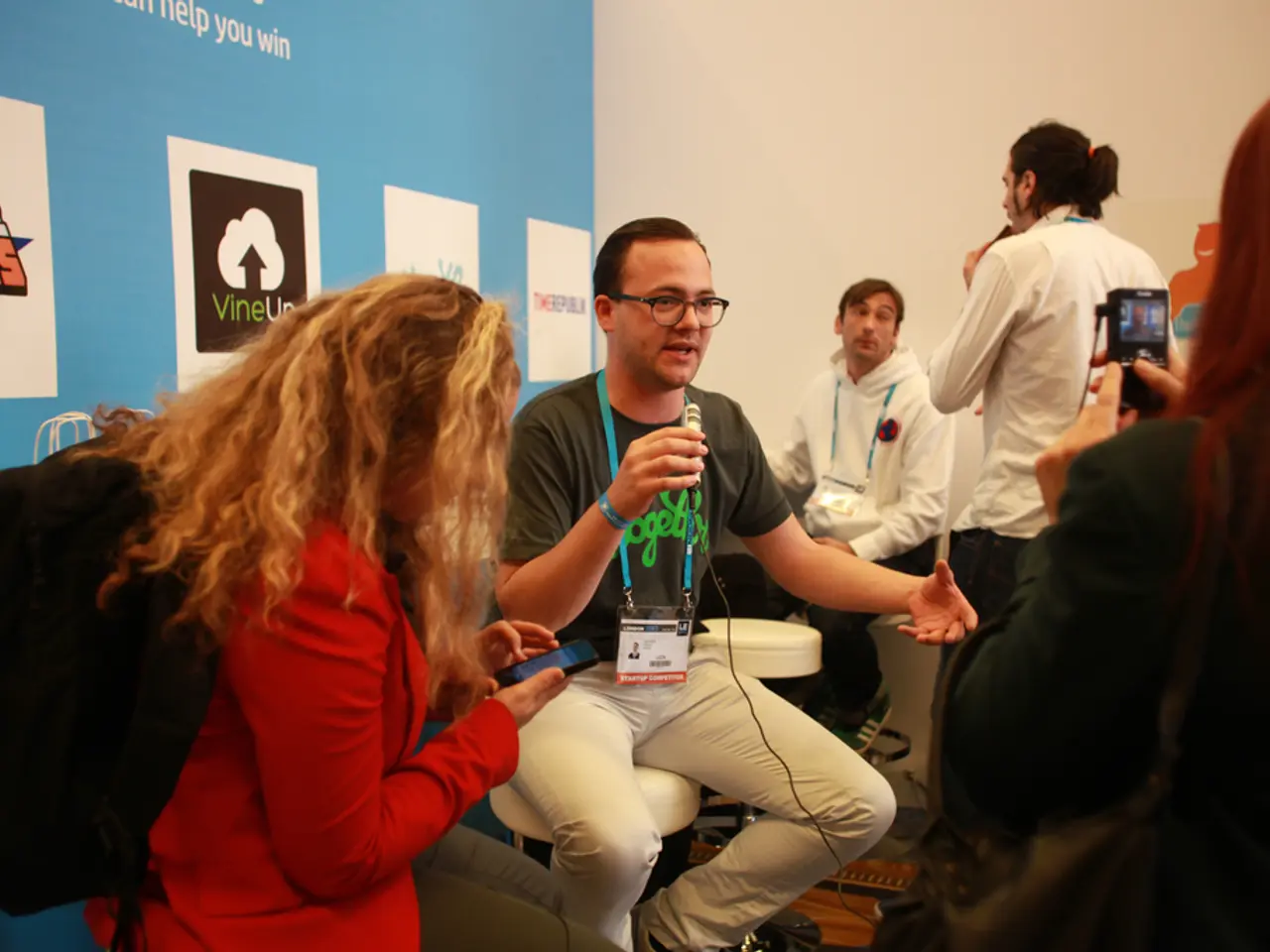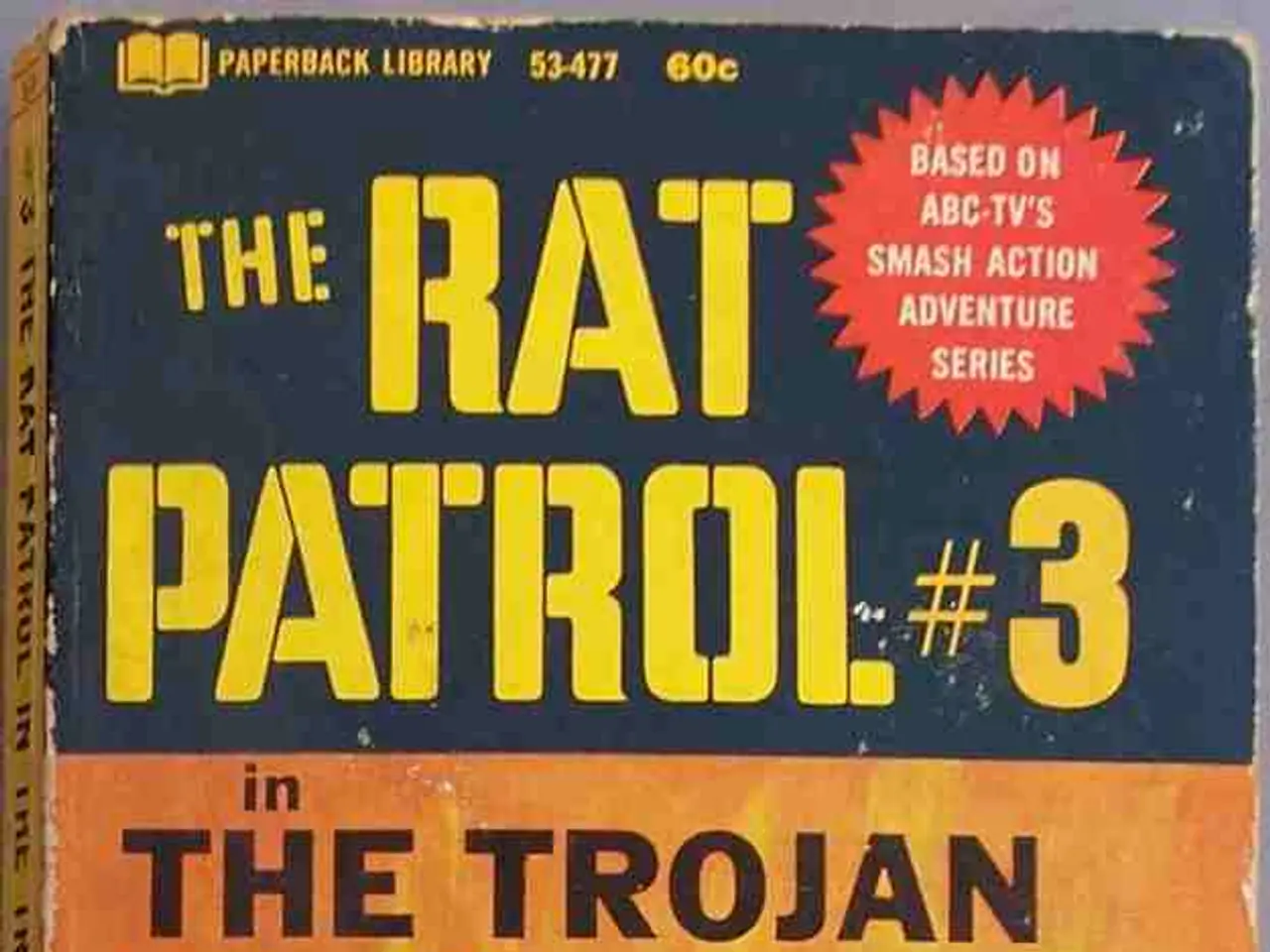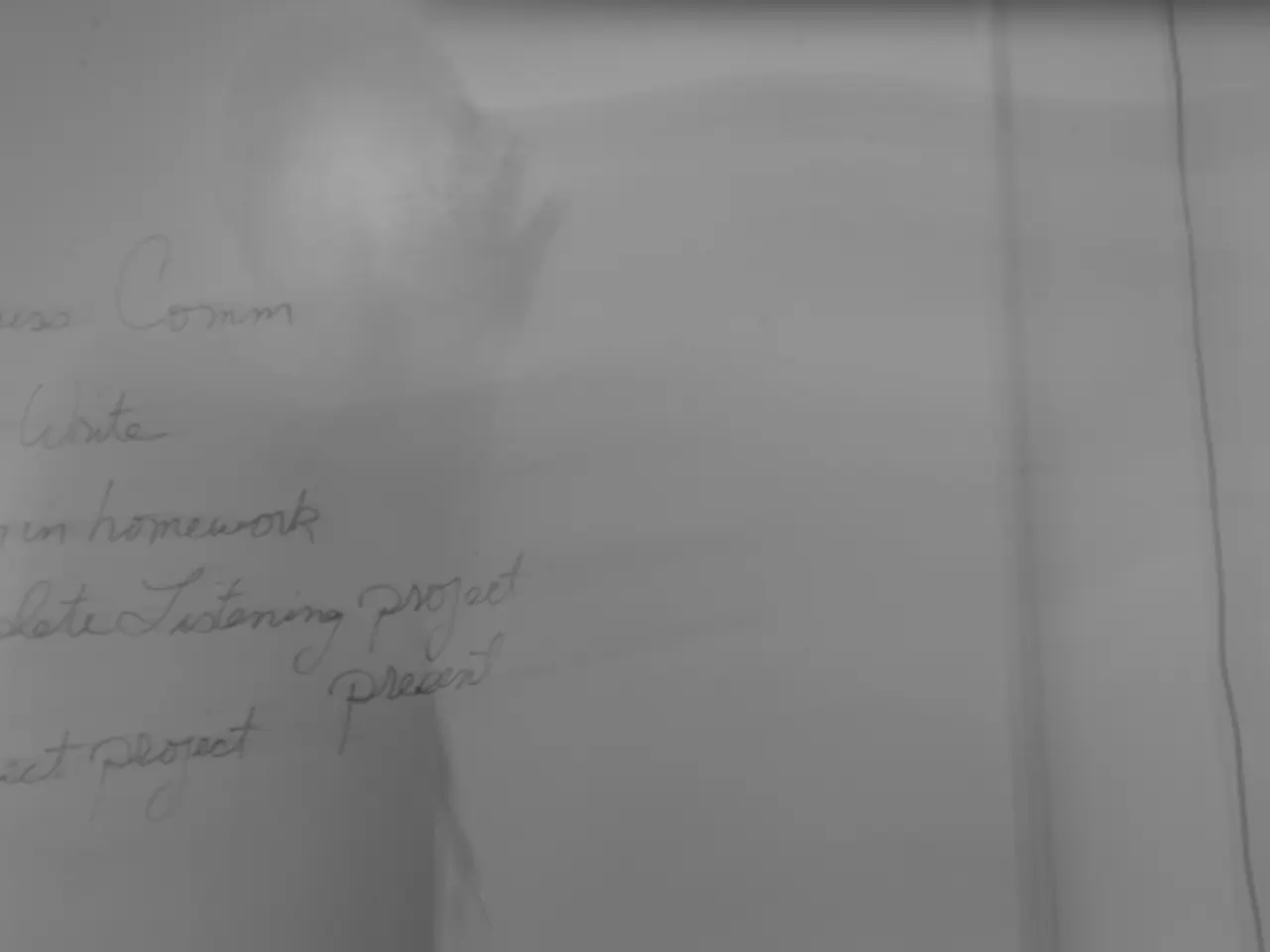Street-Smart Talk: BGH vs Netto - Is Net Price Advertising Legal?
Examining Netto Advertising Pricing Strategies: Federal Court of Justice Inquiry - Commission has been sought on the following matters:
Enterprises love to announce discounts and deals, but just how should they do it? The Federal Court of Justice (BGH) in Karlsruhe has been wrestling with this issue. Recently, they heard a complaint by the Competition Center against the discounter Netto. The final verdict, as of now, is still up in the air.
The Competition Center believes that Netto violated the Price Indication Ordinance in their coffee advertisement. According to this rule, merchants advertising price reductions must also reveal the lowest price asked for the product within the past 30 days. It's been a long debate about how the reference price should be presented—should it be in the footnotes, for example?
Netto handled it by stating the current price (4.44 EUR) and the price of the previous week (6.99 EUR) in their advertisement. The footnote, however, was where they mentioned that the product had been priced as 4.44 EUR within the last 30 days.
It's not looking good for Netto in this case. Both lower courts have ruled in favor of the Competition Center's complaint. Adding fuel to the fire is a decision made by the European Court of Justice (ECJ) in September. The ECJ declared that advertising statements like "price highlight" must directly refer to the lowest price from the past 30 days, and these discount percentages should also be calculated based on that reference price. This implies that Netto's advertisement might not pass muster.
Reiner Münker, Managing Director of the Competition Center, predicts that the Federal Court of Justice will follow suit. According to him, the advertising would have to be banned due to two reasons:
- The reduction in percent didn't correspond with the reference price in the advertisement.
- The presentation of old and new prices was unclear and too difficult for consumers to comprehend.
There's another discount chain known as Netto that mainly operates in the north and east of Germany. Their logo features a dog and is distinct from the larger retail chain Netto Marken-Discount, whose headquarters are in Maxhütte-Haidhof near Regensburg, Bavaria. The current BGH complaint focuses on Netto Marken-Discount.
In a Nutshell:
The BGH and ECJ have been busy clarifying the rules for net price advertising, including disputes with retailers like Netto. Their findings stress that net price advertisements should be transparent and straightforward, including all mandatory additional costs. They also underline the importance of genuine price reductions and avoiding misleading advertising practices. This move supports consumer protection guidelines under EU law, ensuring that customers receive accurate information to make well-informed purchasing decisions.
The Competition Center alleges that Netto Marken-Discount violated the Price Indication Ordinance in their coffee advertisement by not making the reference price from the past 30 days easily discernible. This violation is in contrast to the European Court of Justice's (ECJ) ruling that advertising statements like "price highlight" should directly refer to the lowest price from the past 30 days.
net price advertising, competition policy, business, employment policy, ECJ, transparency, advertising practices, consumer protection, mandatory additional costs, pricing, netto, reference price





